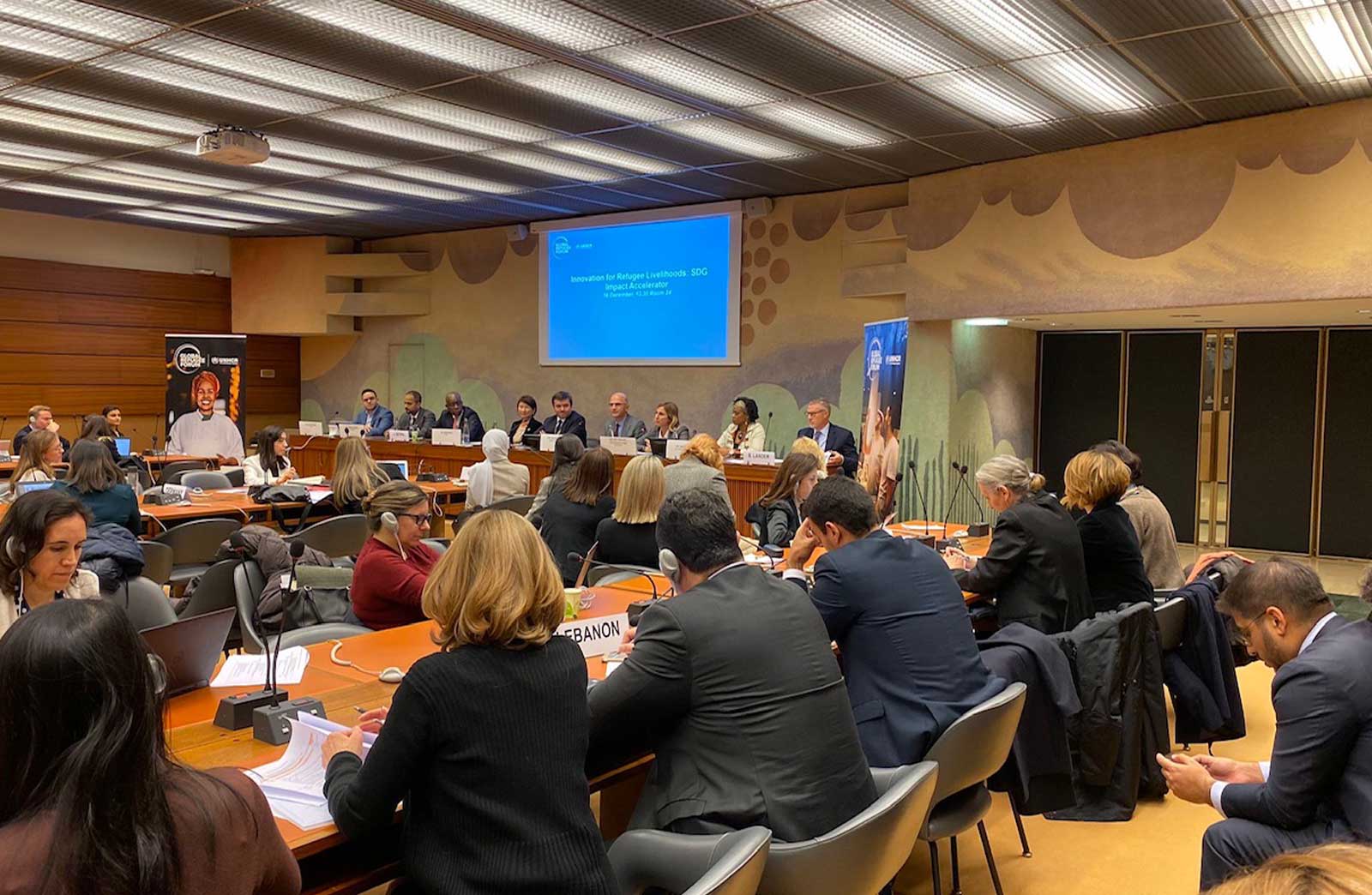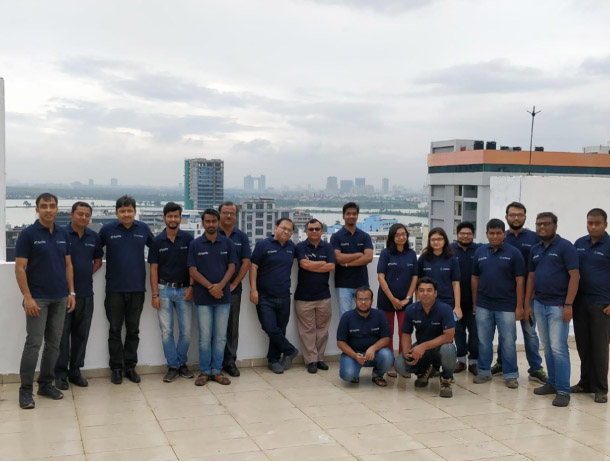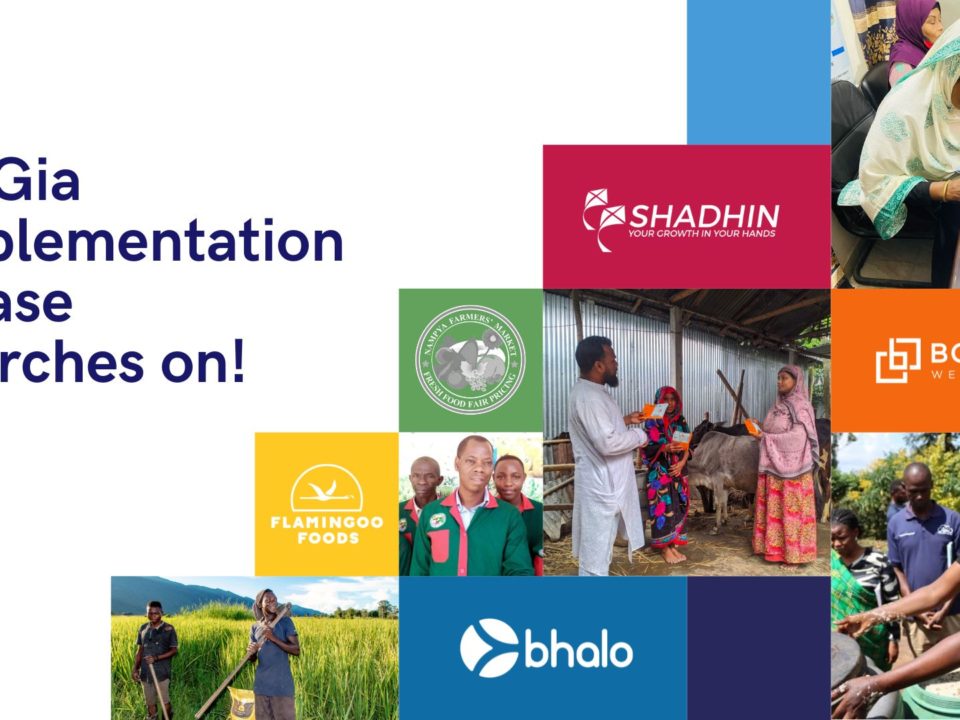Geneva, 16 December 2019 – Innovative solutions to improve the lives of refugees in Turkey have been presented on 16 December 2019 at the Spotlight Session co-organised by the Government of Turkey and UNDP on the occasion of the first Global Refugee Forum in Geneva.
The event was hosted by H.E. Mr. Yavuz Selim Kıran, Deputy Minister of Foreign Affairs of Turkey and Ms. Asako Okai, United Nations Assistant Secretary General and Director of UNDP Crisis Bureau. Mr. Joshua Setipa, Managing Director of UN Technology Bank for LDCs, Ms. Ebru Özdemir, Chair at Limak Investments and Limak Foundation of Turkey, Ms. Valerie Nkamgang Bemo, Deputy Director, Emergency Response Global Development of the Bill & Melinda Gates Foundation and Mr. Brian Lander, Deputy Director of World Food Programme Geneva Office as well as Mr. Khalid Maliki, Co-founder and COO of Tykn and Mr. Mayank Midha, Co-founder and CEO of GARV Toilets have also participated in the meeting. The Spotlight Session, moderated by Mr. Mustafa Osman Turan, Deputy Director General at the Ministry of Foreign Affairs of Turkey, explored how public-private partnerships can foster innovative and scalable solutions for refugee livelihoods.
Thanks to the SDG Impact Accelerator (SDGia) program, launched in July 2019 in Istanbul, entrepreneurs developed solutions for refugees to have access to livelihood opportunities through Digital ID solutions and access to portable non-sewage sanitation through reinvented toilets. SDG Impact Accelerator presents an innovative multi-stakeholder platform that harnesses the potential of collaboration across sectors and disciplines and leverages the power of entrepreneurship, innovation and technology to address the challenges that refugees face every day.
Deputy Minister of Foreign Affairs H.E. Mr. Yavuz Selim Kıran stated at the event that “Through the accelerator program, we hope to make Turkey a testbed for innovative solutions for refugees and other disadvantaged populations.”
The SDGia was launched by the Ministry of Foreign Affairs of Turkey together with UNDP. Bill & Melinda Gates Foundation, World Food Programme, Qatar Fund for Development as well as Limak Group and Eczacıbaşı Group, Turkish conglomerates with global investments, have also joined the platform as partners.
Ms. Asako Okai, United Nations Assistant Secretary General and Director of UNDP Crisis Bureau, has stated that “The Accelerator program is an important complementary step to apply a systemic lens to finding innovative solutions to big challenges, including specific challenges faced by refugees and host communities.”
Mr. Joshua Setipa, Managing Director of UN Technology Bank for LDCs highlighted that “The generous financial support of Turkey will support the Bank’s efforts to deploy the two innovations arising from Turkey’s Impact Accelerator programme in Uganda and Bangladesh.”
Representing the Turkish private sector, Ebru Özdemir, Chair at Limak Investments and Limak Foundation of Turkey said: “Business-as-usual will not simply achieve to solve challenges of refugees today. Without meaningful engagement from the private sector, the critical development agenda cannot be realized. Strong engagement of the private sector can open brand new horizons for solutions that are innovative, resilience-based, and forward-looking.”
In its first program, which was completed on 13 September, SDGia has engaged with 25 teams of entrepreneurs from 14 different countries. Two startups presented their experience and solutions at the event. These were:
- In Digital ID category: Tykn, a startup based in the Netherlands, which offers a digital identity platform allowing public and private institutions to issue and verify digital identity credentials, alongside an innovative way of sharing and requesting personal data proofs. Their aim is to transform the identity component within the aid-delivery process, ensuring value creation along the entire aid delivery chain.
- In the portable sanitation category: GARV Toilets, a startup based in India, which provides integrated WASH solutions to densely populated underserved communities. Their journey started with the development of an indestructible and smart public toilet which is also portable in structure. Most of their target communities depend on community sanitation and largely these toilets are either filthy, unhygienic or vandalized, which leads to open defecation practices and subsequent diarrheal diseases.
The SDGia will announce new challenges in January 2020. The new program will focus on supporting startups which aim to find innovative solutions to various problems faced in Least Developed Countries (LDCs).




